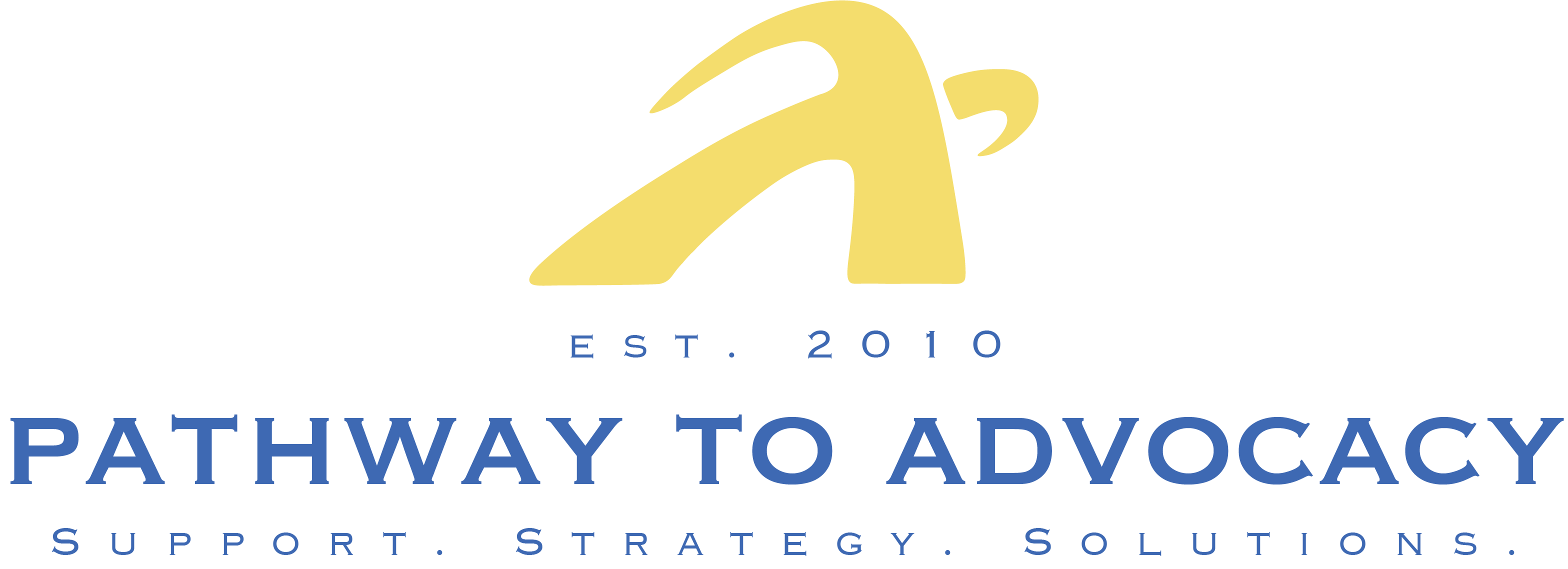The possibility of losing the U.S. Department of Education has left many parents wondering: What happens if I have a disagreement with my child’s school? Will I still have support if my child isn’t getting the services they need?
The good news is that families in California still have strong systems in place to address concerns, file complaints, and advocate for their children’s educational rights—even if federal agencies shift or shrink.
This post will walk you through practical strategies to resolve special education disputes and protect your child’s services and supports.
What to Do When Things Aren’t Going Right
Sometimes schools don’t follow a student’s IEP, delay assessments, or deny needed services. When that happens, parents need to act quickly and strategically.
Common issues include:
- IEP services not being implemented as written
- Requests for assessments being delayed or denied
- Disagreements about placement or goals
- Lack of accommodations under a 504 Plan
Whether you’re dealing with a minor concern or a major breakdown in communication, you have options.
Document Everything
One of the most powerful things you can do is keep written records.
- Keep copies of all IEPs, assessments, and school correspondence
- Summarize phone calls or meetings in follow-up emails
- Log missed services or inconsistencies in a notebook or spreadsheet
Documentation provides clarity, credibility, and leverage if you need to file a complaint or attend a due process hearing.
Try Resolving Issues at the School or District Level First
Many problems can be addressed at the local level—often faster and with less stress—if approached with clarity and calm.
Steps to try:
- Request an IEP or 504 team meeting to discuss your concerns.
- Follow up with a letter summarizing what you discussed and any agreed-upon changes.
- Ask to speak with the school’s special education coordinator or director if the issue isn’t resolved.
Clear, respectful communication can go a long way—but if that doesn’t work, other options are available.
Use California’s Dispute Resolution Systems
If your child’s educational rights are being violated, and informal attempts have failed, California offers formal pathways to resolve the issue.
You can:
- File a compliance complaint with the California Department of Education (CDE)
Useful when the school is not following the law (e.g., not implementing the IEP, refusing to assess, procedural violations) - Request mediation through the Office of Administrative Hearings (OAH)
A neutral facilitator helps both sides reach a voluntary agreement - File for a due process hearing
A formal legal process to resolve disputes about identification, eligibility, placement, or services
These systems will continue to operate regardless of what happens at the federal level, because they are built into California’s state special education framework.
What If the Office for Civil Rights (OCR) Closes?
If the Department of Education’s Office for Civil Rights is dismantled, families may need to pursue complaints in other ways:
- File a complaint directly with the U.S. Department of Justice (for ADA or Section 504 issues)
- Explore California’s state-level civil rights protections, such as the Unruh Civil Rights Act or Government Code §11135
- Work with a special education attorney to file a federal or state lawsuit, if needed
While this may sound daunting, many advocacy organizations and legal aid groups are prepared to help.
Get Help from Advocacy and Legal Organizations
If you’re not sure how to proceed, don’t go it alone. There are trusted organizations ready to help you advocate for your child.
In California, families can turn to:
- Disability Rights California
- DREDF (Disability Rights Education & Defense Fund)
- COPAA (Council of Parent Attorneys and Advocates)
- Learning Rights Law Center
- Pathway to Advocacy (that’s me!)
These groups offer trainings, resources, legal clinics, and 1:1 support to help you resolve disputes and protect your child’s educational rights.
Advocacy Starts with Knowing Your Rights
Even without a federal Department of Education, your child’s rights are still protected by law—and by your advocacy.
Here are a few guiding tips:
- Trust your instincts—if something doesn’t feel right, ask questions
- Stay calm but persistent when raising concerns
- Learn how to read your child’s IEP or 504 Plan so you can monitor implementation
- Connect with other parents in your district for shared insight and support
And remember, the more informed and organized you are, the more empowered you’ll feel when addressing issues.
Need Support? Pathway to Advocacy Is Here for You
Are you struggling to resolve a dispute with your school district?
Not sure whether to file a complaint, request mediation, or ask for an IEP meeting?
As a special education advocate and Independent Facilitator, I help families across California navigate these challenges with clarity and confidence. Whether you’re dealing with a minor hiccup or a major breakdown, you don’t have to do it alone.
📩 Contact me to schedule a consultation or learn more about the services I offer.




